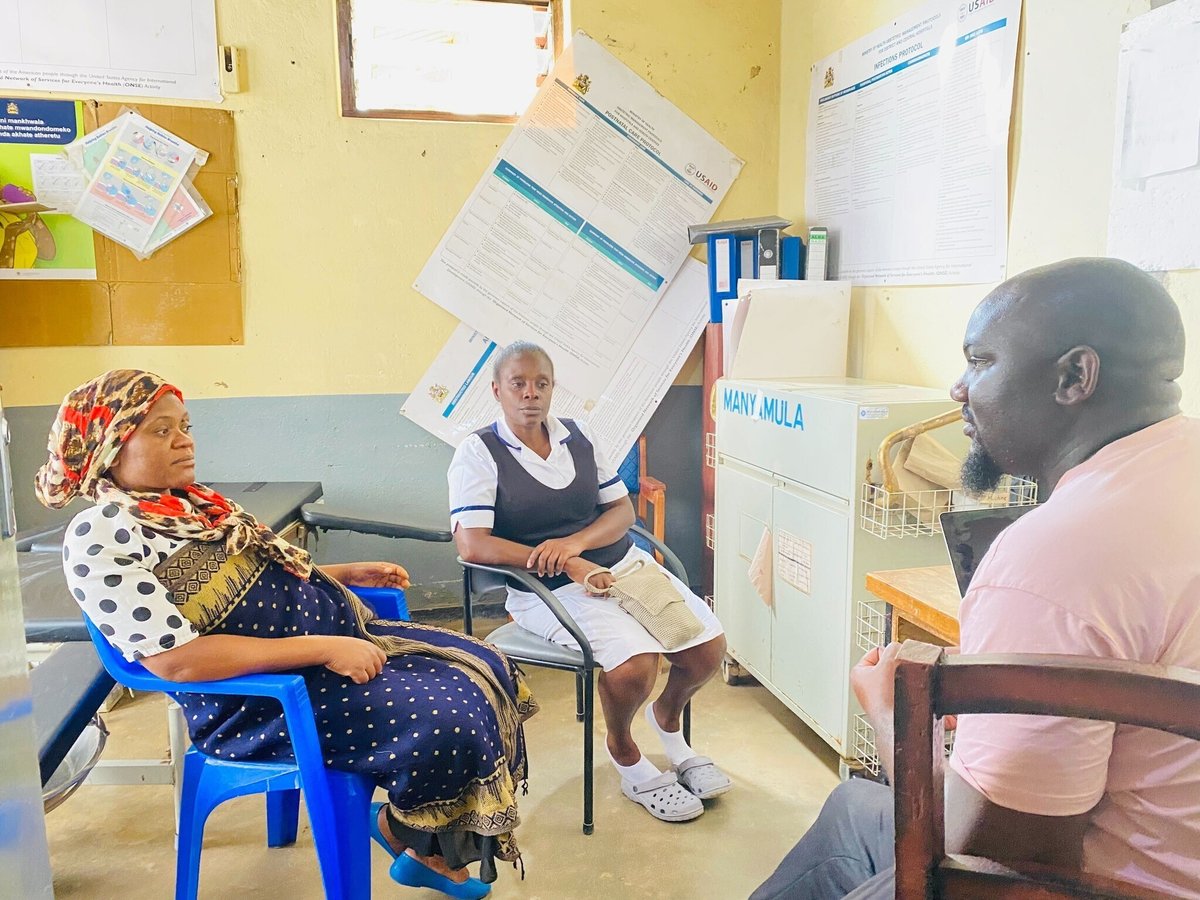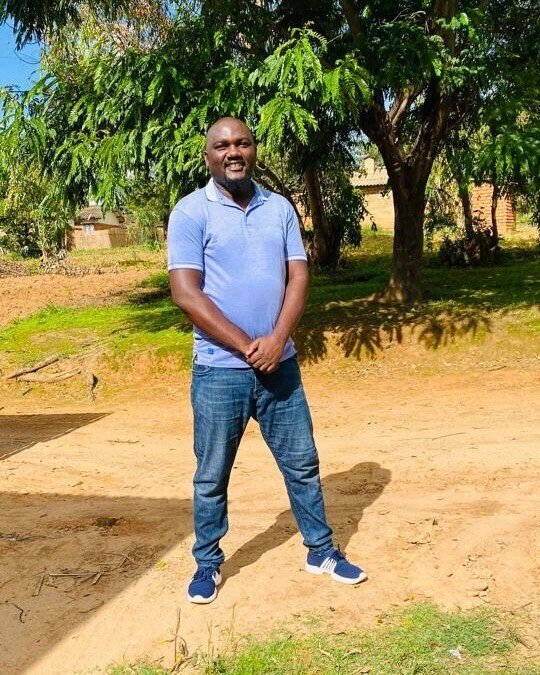
STAFF INTERVIEW : Fumbani Mkunkha, working on site of MALAWI🇲🇼
Based in Japan and Malawi, Nepal, Colorbath is engaged in a variety of projects, including education and job creation.
As we position value creation rather than problem-solving, our team members first of all feel close to the country and its events, and think about what they can do for the specific people who are in front of them.
And an essential part of this process is the presence of our local members in Nepal and Malawi.
They work together, sometimes discussing their lives, and create an element of Colorbath as a multi-dimensional entity.
So far, Japanese members have tended to be the most prominent figures on our social networking sites...
From now on, we would like to share the life stories and work of our overseas members through a variety of contents.
In this issue, we interviewed Fumbani, who is involved in a project to promote solar boilers and improve sanitation in hospitals in the field in Malawi.

WHAT KIND OF WORK HE ENGAED IN?
Fumbani is involved in three projects in Malawi.
One is the popularization of solar boilers.
Solar boilers, as the name suggests, are devices that can boil water with the power of the sun.
If they become more widely used in Malawi, where firewood accounts for 80% of the energy source, they will have the following advantages: they will provide a stable supply of heat/electricity, they will help protect forests by preventing the cutting down of firewood, and they will free women and children from the hard labor of cutting down firewood.

We are working to explain and demonstrate what a solar boiler is in the first place. At the same time, we are also working with local members to create a business that can produce and sell solar boilers locally in the community in order to protect the employment of people who depend on firewood sales for their livelihoods.
And among them, Fumbani has been deeply involved in the promotion of solar boilers as they are used for the following two purposes.
The two main goals are to "improve the sanitary environment of hospitals" and "improve the nutritional status of children.
For the former, solar boilers are mainly used for boiling and sanitizing surgical instruments, while training and education activities are conducted for hospital staff on how to create a safe hospital environment.

In the latter, we follow up to ensure that infant and early childhood checkups are carried out, and we are working on baby food recipes using a solar-boiler.

One of the most frequently asked questions during the promotion of solar boilers is, "Can you make shima (a local staple food made from maize flour) according to Fumbani.
Of course, you can cook them.
And we can do everything, including to boil, to fry.
he said proudly, which makes us happy too.

In addition, Fumbani is actually a business owner who has established a bar business and employs four people.
Among the ways he refreshes himself in the midst of his busy schedule are "talking to friends" and "going outside of Mzimba for Colorbath activities (boiler demonstrations, interviews, etc.).
HOW DOES HIS LIFE STORY LOOK LIKE?
Fumbani was born the second of two sons and two daughters.
He was quite playful, playing soccer barefoot and swimming in the muddy river, but his mother raised him with great love.
It was impressive to see him expressing her gratitude to her mother over and over again.

In college, he majored in Development Studies. He had a minor in Human Rights Studies.
He was interested in how policies and people-created structures, from the community level to the national level, affect society.
Advocacy is also an important keyword in Fumbani's career.
Advocacy is an activity that allows one person's voice to be reflected in larger mechanisms such as policy. After graduation, Fumbani worked for a local NGO working on HIV prevention and gender equality.
In college, he was able to learn skills in development studies. And at the NGO, he was also able to learn practical skills. Both were necessary and important experiences for him.
HOW IS HIS WORK WITH JAPANESE SIDE?
The time difference between Japan and Malawi is 7 hours.
Daily communication is done through an application called "slack", phone calls, and weekly meetings via zoom.
Fumbani said that it was " new" for him to communicate not only on a weekly basis, but also to report what happened that day and communicate with each other.
He discovered the goodness and strength of the idea before any confusion or anxiety, and adapted to the environment as softly as a sponge and without bending himself. I felt such strength.

And I am also impressed that the reports from Fumbani are always concise and easy to understand, and that the photos are not only beautiful but also contain exactly the necessary information. When we talked to him about this, he told us that he had always enjoyed writing and had been interested in learning about it for a while. He had also participated in a training program for NGO staff to learn how to take photographs.
I would like to learn from his attitude of never losing his intellectual curiosity and continuing to improve his skills and network.
WHAT DOES FUMBANI VALUE MOST?
During our interview, there was something I really wanted to ask him about: his thoughts on "leadership.
In looking at Fumbani's background, the word "leader" often caught my eye.
In college, he was captain of soccer and volleyball, and became director of welfare on campus. He continues to take strong ownership of his activities in Malawi, and as mentioned above, he is also a bar owner.
Do you think you are a strong leader? Do you think you are a kind leader?
He answered, "I think I am a kind leader," and spoke passionately about the following.
The most important thing is what the goal is and what you want to achieve. Everyone has a desire (SPIRIT) to achieve their goals and I want to bring that out of them as a leader.
Fumbani repeatedly emphasised that everyone should have a sense of Ownership.

Instead of just doing what they are told to do, if everyone is aware of the goal, and if they raise each other's sense of ownership, they will naturally be able to help each other. No one can achieve their goals alone, so it is essential to build a team and value people.
As it follows, Fumbani’s key concept of life is
“Making friends and supporting one another, no one can achieve in life without getting connected to people”
I think this phrase express his life greatly.
Colorbath and Fumbani will continue to work together in the future.
Both as members of the same team and as human beings. We will be happy if we can continue to nurture a warm relationship while communicating with each other.
Thank you, Fumbani, and thank you to everyone who read this.
FOR MORE INFORMATION AND CONTACT
https://www.facebook.com/colorbath
